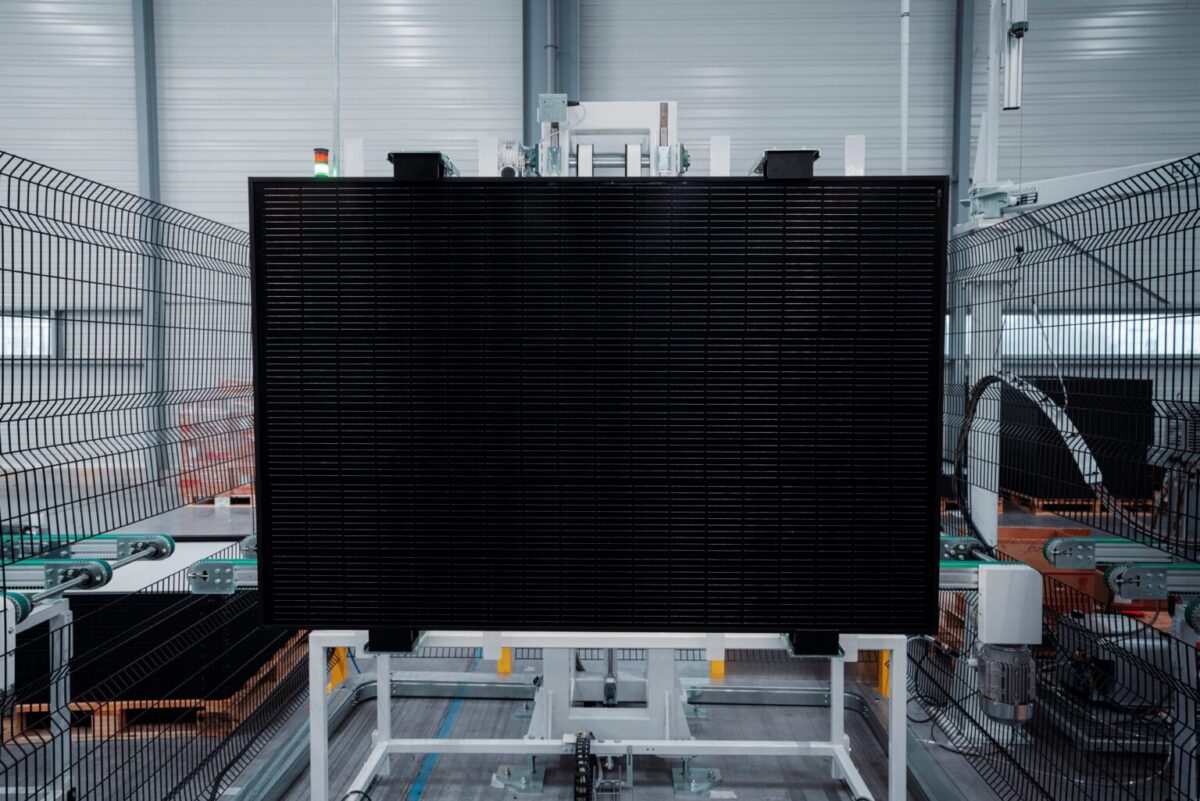The ESMC has asked the European Union to take action against forced labor in the global PV supply chain.
In a position paper, the association outlined a due diligence program that should help PV manufacturers avoid exposure to forced labor in their supply chains.
“The EU must adopt robust legislation as soon as possible to prohibit the sale of products made with forced labor,” the trade body said, taking a clear position on the matter for the first time.
The association said it urged all its members cut their ties with suppliers and sub-suppliers from the Xinjiang region in China, where forced labor is allegedly being implemented.
“In awaiting the legislation, the EU must act urgently to prevent products made with forced labour from entering the European market,” it said.
The ESMC also proposed the creation of a database for over risk-areas and products, the implementation of a reversed burden of proof mechanism, and the introduction of due diligence obligations, among other things.
The report does not provide new evidence that forced labor is currently being used in the PV industry in the Xinjiang region. The association said its sources are reports from independent research institutes and international organizations, but cited exclusively the most recent report from Sheffield Hallam University.
The ESMC is an industry association that was created in 2019 with the aim of promoting the interests of the European PV manufacturing sector.
This content is protected by copyright and may not be reused. If you want to cooperate with us and would like to reuse some of our content, please contact: editors@pv-magazine.com.









By submitting this form you agree to pv magazine using your data for the purposes of publishing your comment.
Your personal data will only be disclosed or otherwise transmitted to third parties for the purposes of spam filtering or if this is necessary for technical maintenance of the website. Any other transfer to third parties will not take place unless this is justified on the basis of applicable data protection regulations or if pv magazine is legally obliged to do so.
You may revoke this consent at any time with effect for the future, in which case your personal data will be deleted immediately. Otherwise, your data will be deleted if pv magazine has processed your request or the purpose of data storage is fulfilled.
Further information on data privacy can be found in our Data Protection Policy.